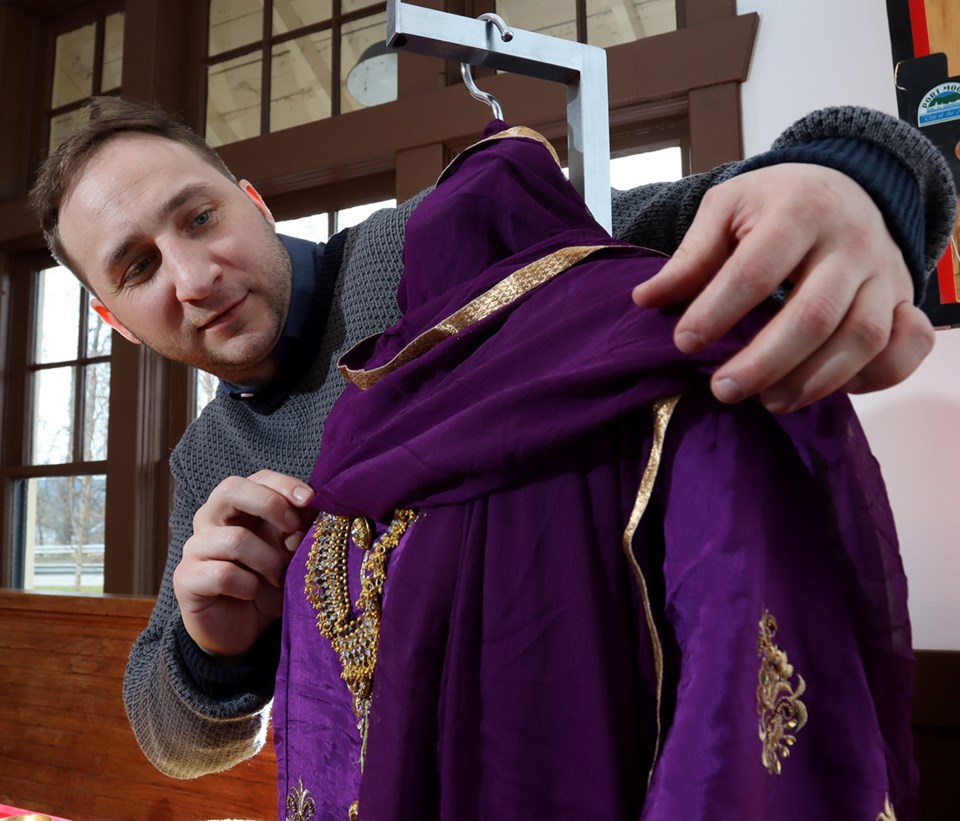South Asian immigrants coming to Canada in the early 20th century to seek a better life often found hardship and discrimination instead.
Their experience is the focus of a new travelling exhibit that is a a collaboration between the Royal BC Museum and the South Asian Studies Institute at the University of the Fraser Valley, as part of the South Asian Legacy Project. alighting at the Port Moody Station Museum, May 1 to June 28.
Lane McGarrity, the museum's coordinator, said the Haq and History's 10 interpretive panels and cultural artifacts tell a story of determination and resilience to overcome obstacles like high fees and restrictive rules to make the journey to Canada; low wages for laborious, difficult work when they got here; and discriminatory laws that prohibited them from owning shops and voting.
Still, McGarrity said, they persisted, settling into communities across the province, like Port Moody, where they took on backbreaking jobs at lumber mills and farms.
When young Canadian men were called to serve in WWI, South Asian workers stepped up to ensure the home front still had food to eat, clothes to wear and wood to build homes.
"They took up the slack while others went to war," McGarrity said.
When their Canadian neighbours weren’t exactly welcoming, the South Asian community found comfort gathering together to celebrate the cultures and traditions from back home.
McGarrity said in many ways, the experience of South Asian immigrants repeated the racism and hostility that greeted the wave of Chinese immigrants that had preceded them.
And, in that, there are lessons to be learned — even today.
McGarrity said the value of revisiting an immigration story that’s more than 100 years old can raise important discussions about racism and provide opportunities to acknowledge injustices.
"It gives us a chance to examine how we went wrong."
One of those mistakes was recently acknowledged with the installation of a new interpretive plaque just 50 metres away from the Station Museum in Rocky Point Park.
It tells the story of the Komagata Maru, a Japanese cargo ship that was loaded with South Asian immigrants hopeful for a new start in Canada until the vessel was refused entry and eventually escorted back to India where many of the passengers were persecuted as traitors.
McGarrity said coming to grips with such mistakes and ensuring they aren’t repeated is one of the key functions of history.
"Looking back helps us to look forward."




